
Your daily dose of the clinical news you may have missed.
.jpg?w=350&fit=crop&auto=format)
A new rapid HIV test accurately differentiates vaccine-induced false positives from active HIV-1 infection, potentially improving diagnostics and vaccine trials.

Ob/gyn Dorr outlines how short clinical visits and symptom overlap cause many women to receive an antidepressant Rx instead of perimenopause care.
.jpg?w=350&fit=crop&auto=format)
A new meta-analysis reveals monoclonal antibodies, including dupilumab, outperform placebo in treating moderate-to-severe atopic dermatitis.

Kallyope reported favorable phase 2b data in acute migraine for elismetrep, a novel ion channel protein, highlighting competitive efficacy and good tolerability.

Formulary restrictions and prior authorization requirements block access to newer PrEP options, while cost sharing over $50 cuts dispensing odds by 93%.

The 2026 annual updates to the Standards of Care in Diabetes include wider CGM use, guidance on dosing of antiobesity drugs, and glycemic management during cancer therapy.

Your daily dose of the clinical news you may have missed.

A multinational survey of HS specialists in Europe found that 81% prescribe antibiotics despite expecting poor response and 79% favor earlier biologic initiation.

Your daily dose of the clinical news you may have missed.

Blood-based monitoring could enable earlier intervention as approximately 20% of initially negative participants transitioned to positive biomarker status.

Topical roflumilast 0.3% improved IGA, PASI, itch, and symptom scores in plaque psoriasis with a safety profile comparable to vehicle.
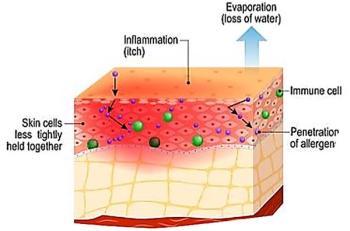
KT-621 achieved deep STAT6 degradation and strong 4-week EASI and itch reductions, offering a potential new oral option for moderate–severe AD and other Th2 inflammation-driven disease.
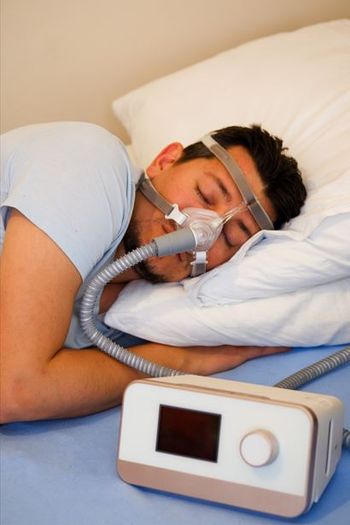
The study supports the feasibility of structured operational strategies to narrow dangerous gaps in guideline-recommended inpatient OSA testing, authors wrote.
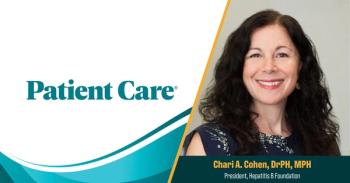
Chari A. Cohen, DrPH, MPH, underscored the importance of trust, open dialogue, and evidence-based information.

Symptoms of the menopausal transition can be so disruptive that women consider leaving employment and yet many report misdiagnosis and inappropriate treatment.
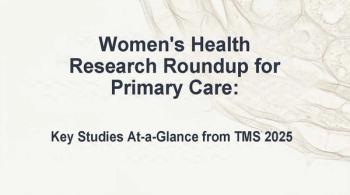
Highlights include widespread lack of structured menopause education in primary care residency programs, sleep benefits of elinzanetant, and more.

Amid controversy, ACIP voted today to end the universal hepatitis B birth dose for infants of HBsAg-negative mothers, shifting to clinician-guided individual decision-making.
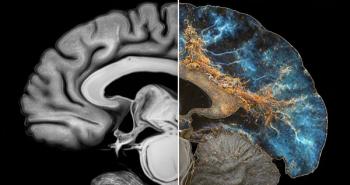
CTAD 2025: Early, continued treatment with lecanemab may delay Alzheimer disease progression by up to 8.3 years; SC dosing demonstrates bioequivalence.

Adolescents acquiring smartphones at 12 showed increased risk for depression, obesity and sleep disturbances, according to a study of more than 10,000 youths.